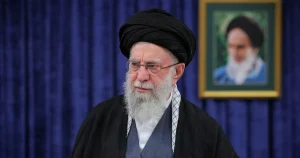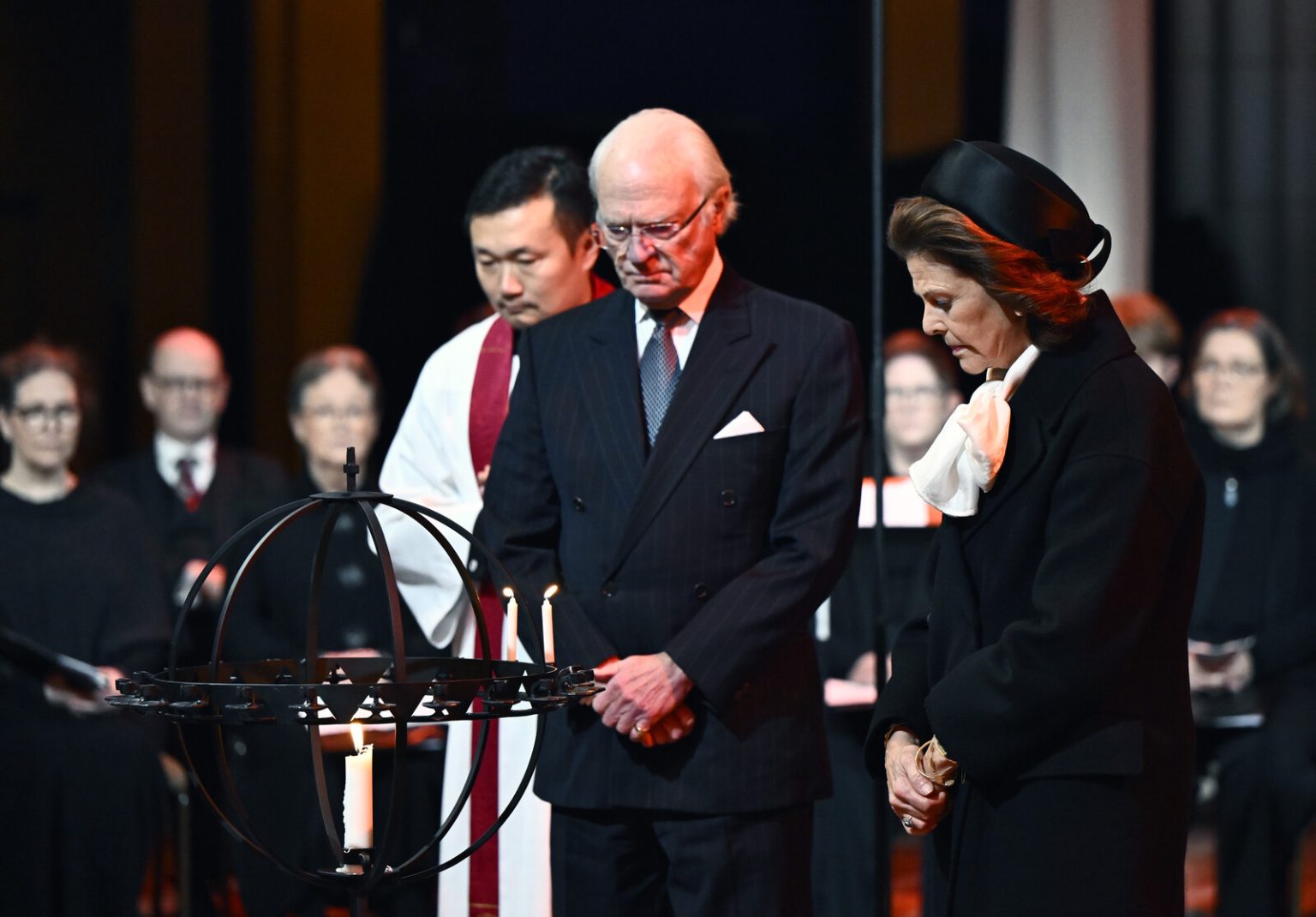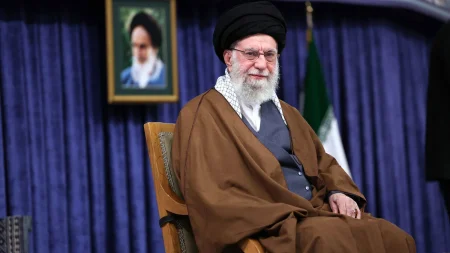Twenty years have passed since the catastrophic Indian Ocean earthquake and tsunami of 2004, a tragedy that claimed nearly 230,000 lives, including 543 Swedes. On Boxing Day 2024, a national memorial service was held at Uppsala Cathedral, providing a somber yet vital space for remembrance and reflection. The service brought together survivors, bereaved families, and prominent figures such as the Swedish royal couple, Prime Minister Ulf Kristersson, and Speaker of the Riksdag Andreas Norlén, all united in commemorating the immense loss. The passage of two decades has yielded diverse experiences of grief and recovery; for some, the wounds have begun to heal, while for others, the memories of December 26th, 2004, remain a vivid and painful presence.
Archbishop Martin Modéus, who presided over the service, acknowledged this spectrum of experiences, highlighting the profound isolation that can accompany such profound grief. He emphasized the challenge faced by those whose daily lives are still deeply impacted by the tragedy, particularly when those around them struggle to comprehend the enduring nature of their pain. The service offered not only a space for collective mourning but also an opportunity to acknowledge the complex and individual journeys of healing that continue two decades on.
The memorial service incorporated traditional elements of remembrance, including hymns and speeches, creating an atmosphere of solemn contemplation. However, the focus shifted from grand pronouncements to quiet acts of remembrance. King Carl XVI Gustaf, who delivered a poignant address in a 2005 ceremony following the tsunami, opted for a more personal gesture in 2024. He and Queen Silvia joined others in lighting candles, a symbolic act of honoring the victims and acknowledging the enduring impact of their loss. This simple act underscored the enduring power of individual remembrance alongside national commemoration.
The tsunami’s impact resonated far beyond the immediate loss of life. The disaster brought forth profound questions about the unpredictability of nature, the fragility of human life, and the challenges of coping with immense grief. For Sweden, a nation relatively unaccustomed to natural disasters of this scale, the tsunami served as a stark reminder of global interconnectedness and the shared human experience of loss. The 20th-anniversary memorial service thus provided an occasion not only to remember the past but also to reflect on the lessons learned and the importance of supporting those who continue to grapple with the aftermath.
The two decades since the tsunami have witnessed substantial efforts in disaster preparedness and response. The international community has strengthened early warning systems, improved evacuation procedures, and enhanced humanitarian aid mechanisms. These advancements reflect a global commitment to mitigating the impact of future disasters and minimizing human suffering. However, the anniversary also serves as a reminder of the ongoing work needed to ensure that communities are better prepared for such events and that adequate support is available for survivors in the long term.
The memorial service at Uppsala Cathedral marked a significant point in the ongoing process of remembrance and recovery. While the pain of loss may never fully disappear for many, the commemoration provided a space for shared grief, acknowledged the diverse paths of healing, and reaffirmed the importance of collective support. The simple act of lighting a candle served as a powerful reminder that even in the face of immense tragedy, the human spirit endures, and the memory of those lost continues to illuminate the path forward.














